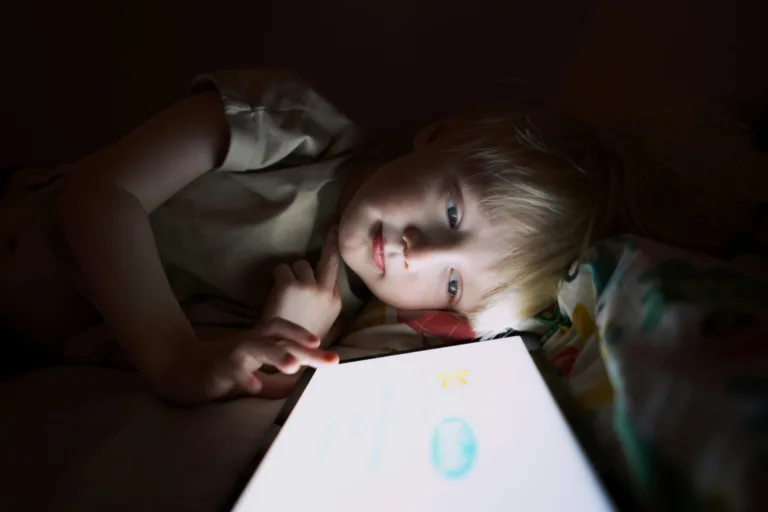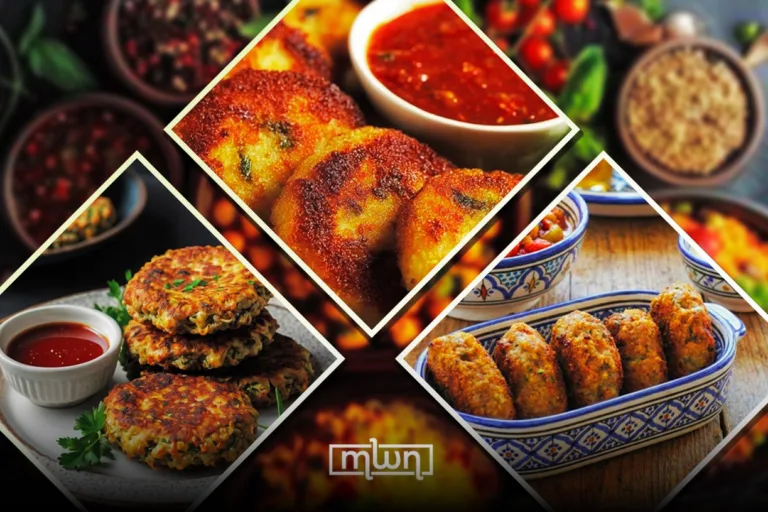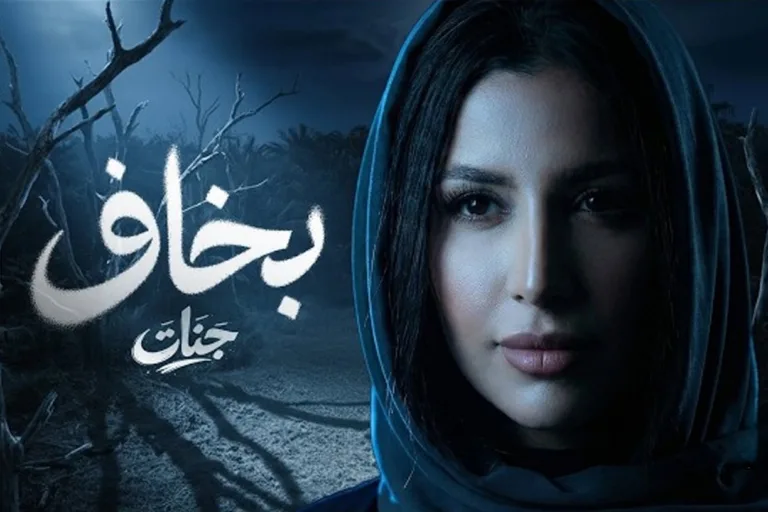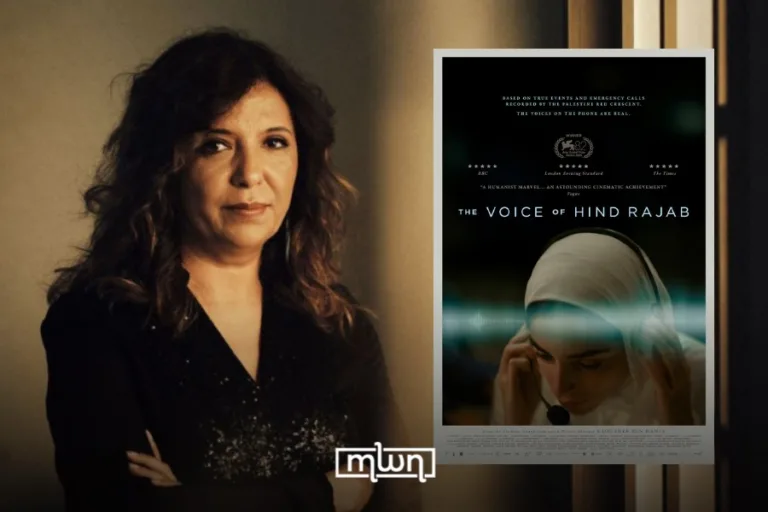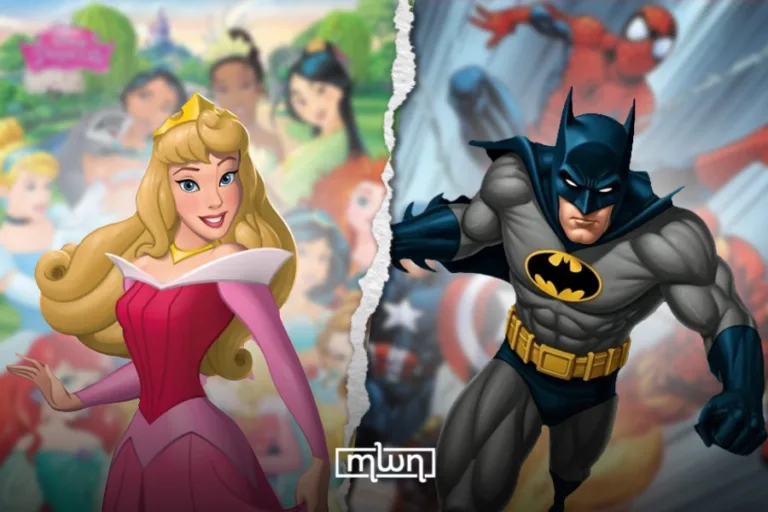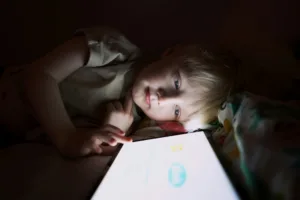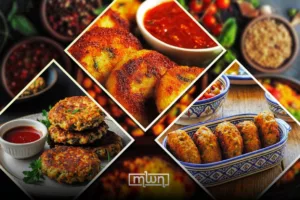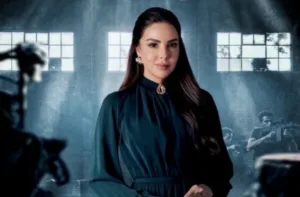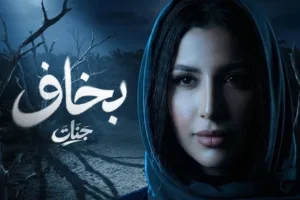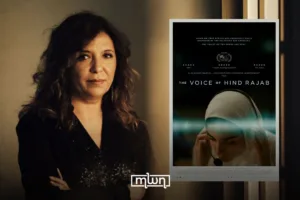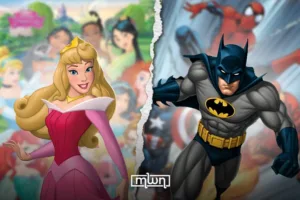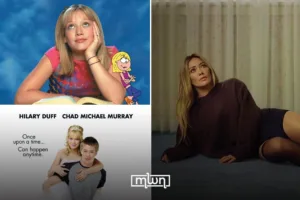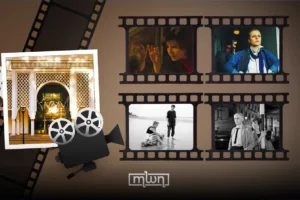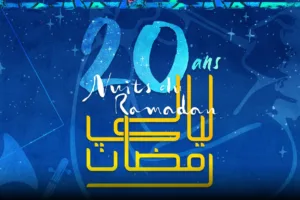Rabat — Spacetoon is more than just a TV channel – it’s a shared childhood memory, a symbol of innocence and imagination that shaped an entire generation across the Arab world.
For every Gen Z, merely mentioning the channel warms the heart and sends a wave of nostalgia through the soul. It was not only about watching cartoons; Spacetoon also instilled values and principles carried into adulthood.
From action and adventure to comedy and sports, Spacetoon offered something for every taste. It even featured shows with real actors, such as “Blazing Teens” and “Power Rangers.”
With a creative twist, the channel divided its programs into “Kawakib” (planets), each representing a different world of imagination:
“Zomoroda Planet” – A planet for girls only
“Action Planet” – The planet of excitement and mystery
“Comedy Planet” – The laughing planet
“Adventures Planet” – The planet of imagination and suspense
This is just a glimpse of the main planets. Spacetoon offered many others as well, presenting cartoons that not only entertained but also taught moral values, explored history and science, and covered a wide variety of themes.
Moral values
What truly made Spacetoon stand out, beyond its entertainment value, was the quality and meaning behind its content. Most of its shows were Japanese anime, dubbed in Standard Arabic – a choice that, knowingly or not, nurtured our love for the Arabic language and its eloquence.
But it was not just about language. Spacetoon served as a cultural bridge between Japanese storytelling and Arab cultural values.
The effort invested in dubbing cannot go unnoticed; the channel went far beyond mere translation.
It adapted content thoughtfully – removing culturally sensitive scenes or even altering parts of the story to ensure they aligned with the moral standards and age-appropriate values of its young audience.
Alcohol and relationships outside of marriage are considered taboos in Arab culture, yet many Japanese anime contain such scenes.
It was in these instances that Spacetoon intervened, skillfully adapting the content to fit Arab cultural norms. A hangover became a simple illness, and romantic relationships were transformed into innocent friendships.
As children, these changes were hardly noticeable – but now, looking back, there is a thoughtful effort behind them: Spacetoon wanted the audience to enjoy their childhood while learning values that truly mattered.
Opening songs
Today, the generation that grew up watching Spacetoon has become the very youth that Spacetoon once envisioned through its slogan – “The Channel of Future Youth.”
The love and nostalgia around Spacetoon have never faded. Cartoons were certainly a big part of the story, but there was something else that made Spacetoon unforgettable – the opening songs.
Ask any Spacetoon fan about Rimi, Sali, Conan, or Al-Qannas (Hunter × Hunter), and you will see their eyes light up as they start humming those familiar tunes.
Some may occasionally rewatch favorite shows to relive those precious moments, but almost all still listen to the songs, enchanted by the magical voices of Rasha Rizk and Tarik Al-Arabi Tarkan – the artists who gave sound to childhood dreams.
Even today, Spacetoon concerts are organized across the Arab world, bringing together generations who grew up with its melodies. These songs did more than entertain; they became the soundtrack of a childhood – and, in many ways, still echo into adulthood.


